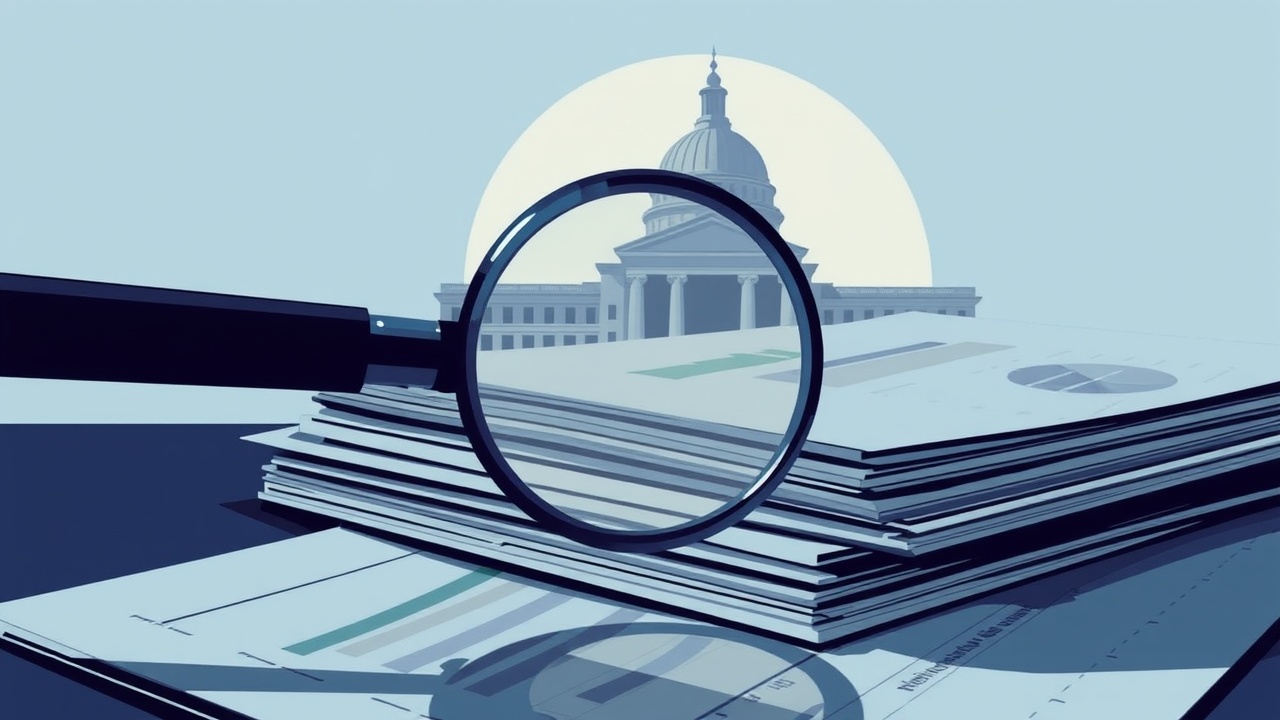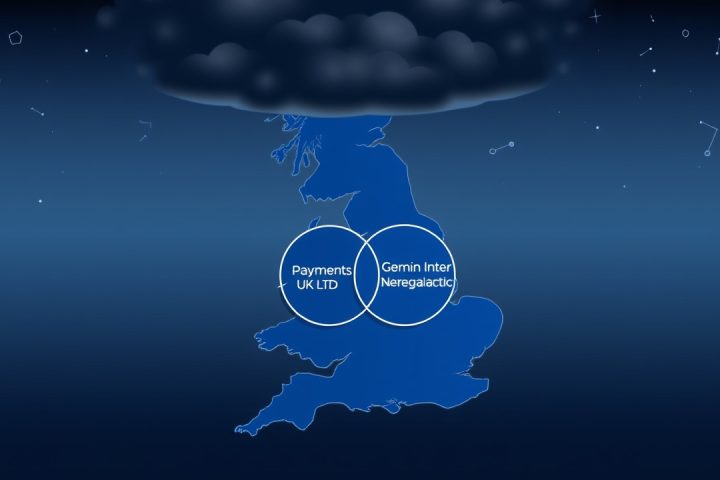Statement Summary
In his first address as SEC Chairman at the SEC Speaks conference, the new Chairman emphasized the importance of innovation in financial markets and the SEC’s role in fostering it. He reflected on past challenges and how the SEC facilitated crucial changes, such as the transition from paper-based systems to electronic transactions. The Chairman criticized the previous SEC approach toward cryptocurrencies, advocating for open communication and rule adaptations tailored to new technologies. He announced efforts to integrate innovation principles into SEC culture and address outdated practices that restrict investor opportunities, particularly regarding private fund investments. Additionally, he committed to reviewing costly data systems like the Consolidated Audit Trail (CAT) to balance industry demands and investor costs. The Chairman concluded with a vision for an SEC that promotes innovation, ensuring that the agency evolves alongside market dynamics.
Original Statement
Thank you, Cicely, for your kind introduction. Ladies and gentlemen, I am very happy to be with you at my first SEC Speaks conference as SEC Chairman, though I have been a regular at this event over the past 15 years or so.
The event has experienced some rather precipitous fits and starts over the past couple of years, and I shall make sure that it stays on track as valuable, comprehensive public outreach by the agency. I extend my thanks to the folks at the Practising Law Institute for organizing the conference.
Today I intend to discuss innovation. In particular, about how the Securities and Exchange Commission should not fear innovation. Rather, it should embrace and champion it.
Markets, by their nature, evolve. They are dynamic because they are made up of human beings. When human beings encounter problems, they innovate to solve them because there is a demand — and there are rewards — for solutions. In a free society, human nature rises to the occasion with inventiveness and competitive spirit, plus Adam Smith’s invisible hand to provide incentives beyond mere altruism. All of that is a good thing.
Historical Context & Innovations
Over the decades, including during my time as a Commissioner from 2002 to 2008 and before that on the staff of two SEC chairmen, the SEC has both enabled innovation and, unfortunately at times, stifled it. Fortunately, innovation — in other words, progress — eventually won the day. Let me take a few moments to revisit some recent history.
In the late 1960s, there was a big, beautiful bull market. Trading volume doubled, overwhelming the paper-based systems. The breakdown over an antiquated system became known as the “Paperwork Crisis.” As William Dentzer stated,
“The paperwork crisis caused the post-trade processing of hundreds of millions of dollars to be delayed or to fail entirely, dividends to investors to be misdirected, and brokerage firms to go bust.”
Very much to its credit, the SEC at that time was proactive in moving to electronic transactions and book-entry. As a result of that collaboration between the SEC and market participants, the DTC was established as an industry co-operative. The computerization of securities was born with the SEC at the forefront.
Fast forward to today, the crypto markets have been languishing in SEC limbo for years. Initially, the SEC first pursued what I call the “head-in-the-sand” approach, perhaps hoping that crypto would go away. Then, it pivoted to a shoot-first-and-ask-questions-later approach of regulation through enforcement. At one point, the SEC’s message seemed to signal, “You go figure it out.”
I am pleased to announce that I recently directed the Division of Corporation Finance staff to maintain transparent interactions with the public. This shift in culture will allow market participants to move more nimbly.
While I have directed Commission staff across our policy Divisions to draft rule proposals related to crypto, we also aim to reduce costs for investors and allow non-security trading to enter a regulated environment.
Commitments and Future Directions
In keeping with this theme of innovation, we have asked Congress for reprogramming approval to integrate the functions of the agency’s FinHub into other parts of the agency. Unfortunately, FinHub over time came to be perceived by many in the digital asset industry as a tool for enforcement.
Moreover, I intend to have the Commission address outdated practices regarding investments by closed-end funds in private funds. This common-sense approach will give all investors the ability to seek exposure to an important asset class.
Additionally, the Consolidated Audit Trail (CAT) requires a comprehensive review due to its rising costs, currently nearing $250 million a year. I have instructed the staff to examine the reporting requirements and scope of the system.
As I begin my tenure as Chairman, I can tell you that we are getting back to our roots of promoting, rather than stifling, innovation. It’s a new day at the SEC, and I look forward to what we are going to accomplish for investors and the markets.




